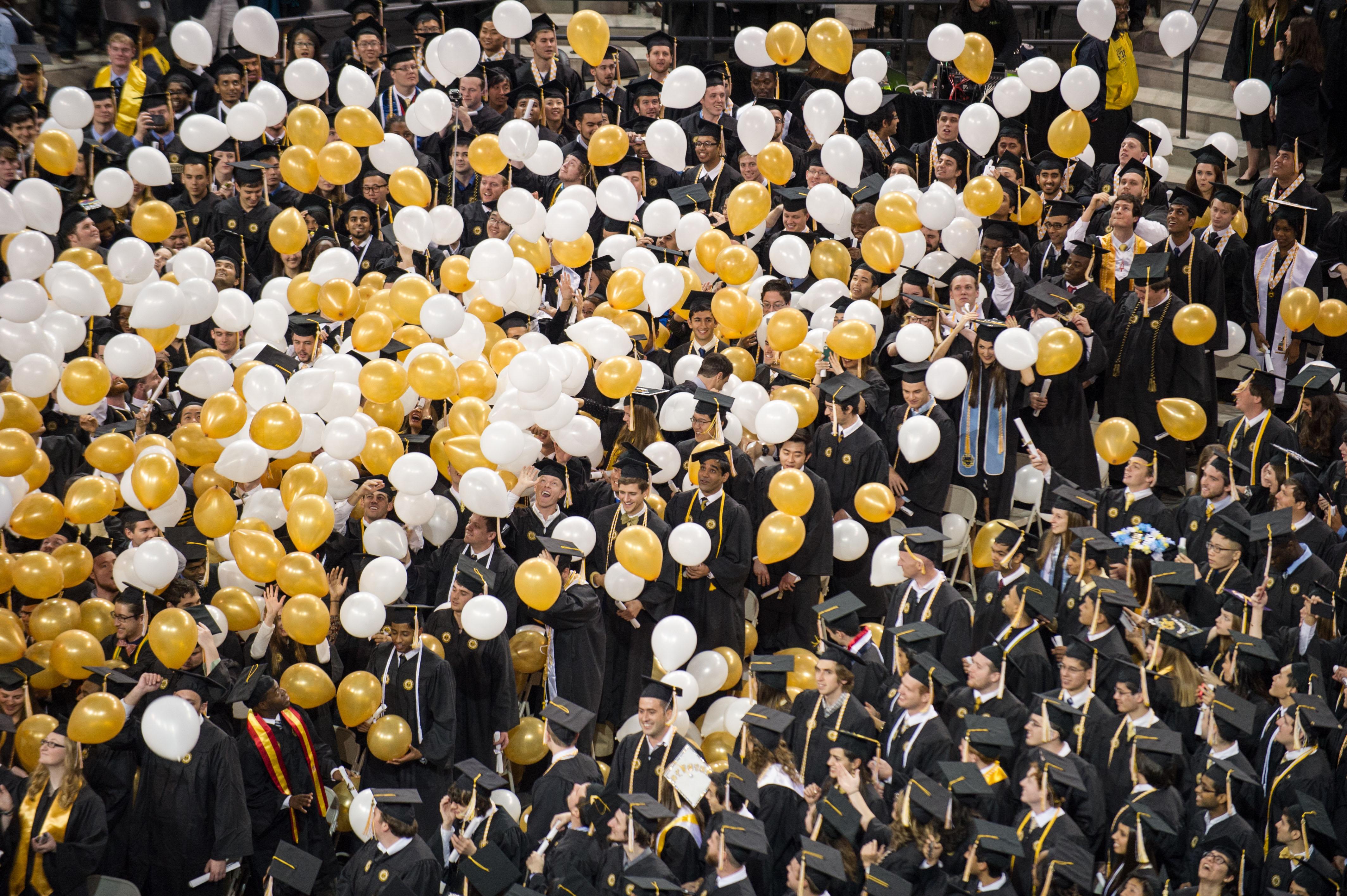
Faculty Awards, Grants in Abundance in 2023 for School of Interactive Computing
Laying new groundwork for robots in athletics. Developing an app that could save diabetic foot patients from amputations. Creating sense-and-respond technology that could cut cancer deaths in half.
Those are just some of the highlights from 2023 for faculty and students in the School of Interactive Computing.
Nine new faculty joined the School in 2023, the College of Computing’s largest school 54 tenure-track faculty members.
Among the new hires, the School also welcomed its new chair, Shaowen Bardzell, in July, who fills the vacancy left by former chair Ayanna Howard.
2023 proved to be a banner year for IC faculty award recognition. Professor John Stasko was named an Association of Computing Machinery (ACM) Fellow. He also earned the Institute of Electrical and Electronics Engineers (IEEE) Visualization and Graphics Technical Community (VGTC) Lifetime Achievement Award.
Bardzell and Associate Professor Munmun De Choudhury shared this year’s Special Interest Group on Human-Computer Interaction (SIGGCHI) Societal Impact Award. Professor Carl DiSalvo and Associate Professor Andrea Parker received Google’s Awards for Inclusion Research (AIR). Assistant Professor Zsolt Kira earned an NSF Career Award.
Additionally, Alumna Azra Ismail received Google AIR recognition. She was also named to Forbes’ 30 Under 30 list for Social Impact in Asia.
Alumnus Erik Wijmans (Ph.D. CS 2022) won a best paper award at the 2023 International Conference on Learning Representations. Alyssa Sheehan won a best paper award at the Conference on Computer-Supported Cooperative Work & Social Computing. Ph.D. student Jiawei Zhou won a best paper honorable mention at the 2023 Conference on Human Factors in Computing Systems (CHI). Zikang Leng won an honorable mention at the joint conference on Pervasive and Ubiquitous Computing (UbiComp).
Niranjan Kumar authored a paper accepted into the International Conference on Intelligent Systems and Robots and published in the Robotics and Automation Letters (RA-L), a journal publication of the Institute of Electricals and Electronics Engineers’ (IEEE) Robotics & Automation Society (RAS). Kumar created a novel policy enabling robots to perform tasks in sequential order.
Joanne Truong, Simar Kareer, and Naoki Yokoyama had their paper on teaching robots to navigate over obstacles accepted into the 2023 IEEE International Conference on Robotics and Automation.
Among other awards, the School received funding from the National Science Foundation (NSF), the National Institutes of Health (NIH), and the recently created Advanced Research Projects Agency for Health (ARPA-H).
Here are the Top 5 stories of the year from the School of Interactive Computing:

Associate Professor Joins Fight Against Cancer with Sensing Technology
A surgically implantable device the size of a pinky finger could be a huge step toward a cure for cancer. A multi-institutional team of researchers that includes Georgia Tech faculty received $45 million from the Advanced Research Projects Agency for Health (ARPA-H) to develop sense-and-respond implant technology for cancer treatment.
Josiah Hester, an associate professor in Georgia Tech’s School of Interactive Computing, is a co-principal investigator on the project and is responsible for the sensing and computing technology in the implantable device. He will also assist with large-scale experimentations and coordinate the integration of the technology.
Continue Reading

Tennis Robot Serves up Advancements in Fast-Movement Robotics
Matthew Gombolay grew up playing a variety of sports, but none appealed to him more than tennis. He said he had been playing with the idea of constructing a tennis robot that could go beyond training against a stationary ball feeder to help a player improve his skills.
What if he could have a tennis partner that could play with or against him any time he wanted and could help him improve the weakest areas of his game or complement him in a doubles match?
Continue Reading

Georgia Tech Hosts Growing Conference for Robotics and Machine Learning
Georgia Tech welcomed global robotics experts at the forefront of research and innovation as it hosted the Conference on Robot Learning (CoRL) in November.
Five Georgia Tech faculty members served on this year’s organizing committee, including general chair Sonia Chernova, an associate professor in the School of Interactive Computing. Chernova said the Institute is playing a pivotal role in the growth and the trajectory of the conference.
Continue Reading

New ADA-funded App Could Save Diabetic Foot Patients from Amputations
A new app Rosa Arriaga has in development amplifies the voices of patients with diabetes and diabetic foot ulcers — a severe complication for more than one third of people living with diabetes that often goes unaddressed until it’s too late.
If left untreated, a diabetic foot ulcer can become infected and lead to amputation. Arriaga’s app may be the tool that prevents the situation from ever coming to that. The app detects the presence of ulcers and tracks whether the conditions of the ulcers worsen.
Continue Reading

New AI Ethics Network Will Amplify Atlanta Voices
Atlanta communities most vulnerable to bias and inequity in artificial intelligence (AI) are the focus of a new Atlanta-based ethics initiative being funded by a $1.3 million Mellon Foundation grant.
The Atlanta Interdisciplinary Artificial Intelligence (AIAI) Network, brings together computing, humanities, and social justice researchers from Georgia Tech, Clark Atlanta University, Emory University, and community partner DataedX.
Carl DiSalvo, Georgia Tech School of Interactive Computing professor, is an AIAI co-principal investigator (co-PI). Andre Brock, an associate professor in the School of Literature, Media, and Communication serves on the network’s steering committee.


